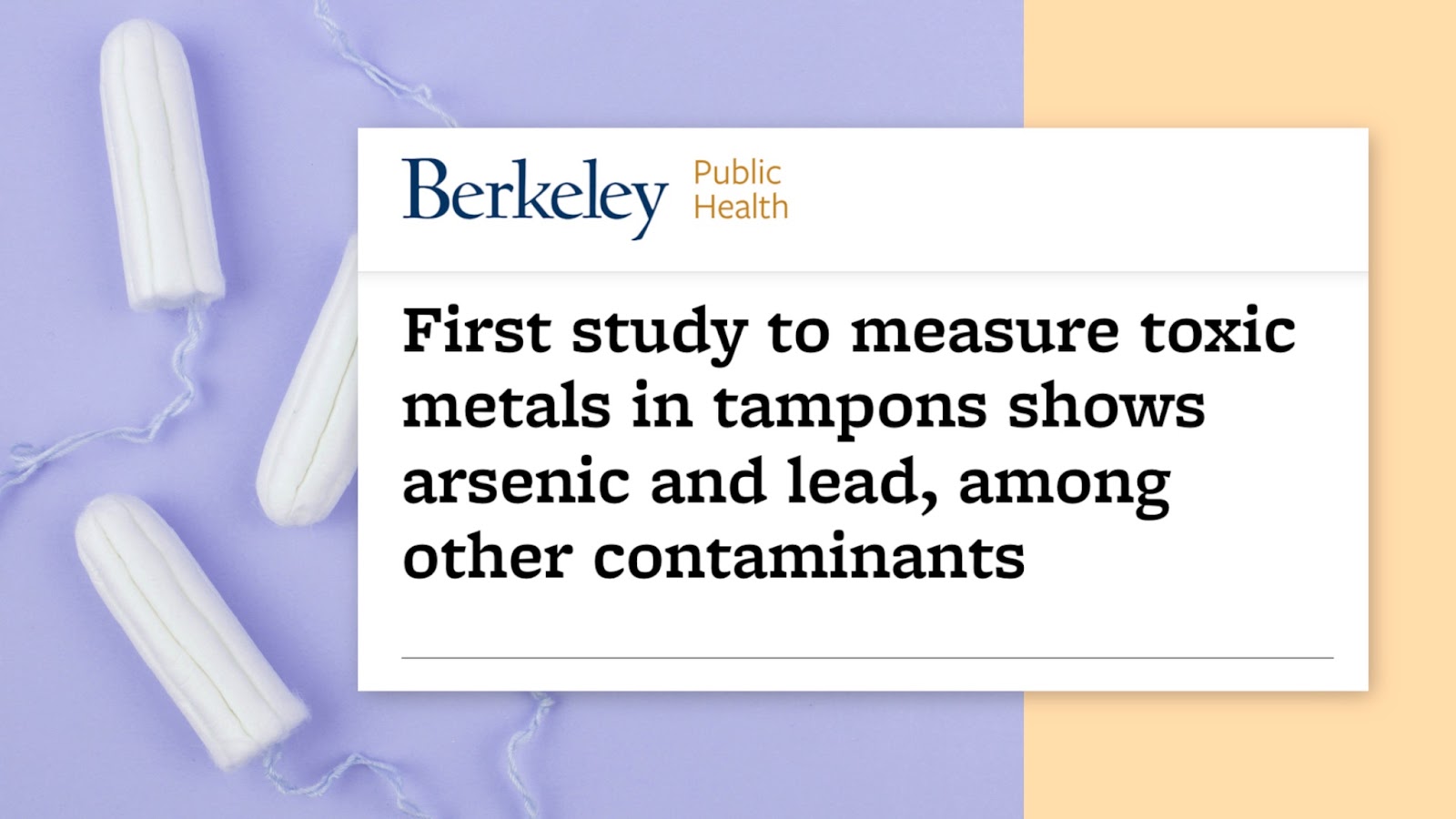Doctor Rich:
Welcome back to the Dr. Rich channel today. I want to talk about a very hot topic: the vaccine (you know which one! Moderna, Pfizer… even J & J getting in on the action).
So a lot of people are worried that there’s some correlation between the vaccine and sterilization or infertility in women. Should they be worried about that? Stay tuned to find out!
Don’t have time to read this post? Watch the video here instead!
Doctor Rich:
So it is a very personal choice, but it’s a personal choice that you should make with your healthcare professional, not with some random person you met on the internet.
There have been rumors floating around — for almost a year now — regarding the possible potential connection between the COVID vaccine and infertility in women.
There’ve been a number of experts in the fields of virology, immunology, and reproductive endocrinology that have already done videos specifically on this topic, and we’ll include the link to their videos below. So as a women’s health expert, I want to share my expertise. Unfortunately, false information (or fake news) spreads six times faster than real news — so we actually have to provide and take every opportunity to use our platform to contradict false information that’s out there.
We’ll go over all the data. We’ll stick to the facts, and we’ll tell you exactly what you need to know about the vaccine and fertility. Make sure to stick around to the end so you can find out what the WHO and the American College of OBGYN actually recommend right now regarding the vaccine in pregnancy.
Many months ago, there was an online publication called Health and Money News that published an article entitled “Head of Pfizer Research: COVID Vaccine is Female Sterilization.” So I’ll give it up to my audience. You have three seconds to answer: is this news or fake news? If you guessed fake news, you’re right!
So how did this notion actually come about? Well, there was a researcher in Respiratory Medicine and Research for Pfizer that hasn’t worked for Pfizer in nine years. He submitted a letter to the European version of the Food and Drug Administration.
And in that letter, he claimed that there was a similarity in the amino acid sequence for the COVID spike protein to a pregnancy protein called Syncytin-1. We always want to track all possible adverse events that can come from any new medication (or vaccine in this example). But to say that that small sequence equates to your immune response from the COVID vaccine resulting in your body developing an immune response against a placenta in a pregnant woman? To say that’s a reach is to say that I play for the Yankees.
Camera Man:
Do you play for the Yankees?
Doctor Rich:
I do not.
So just imagine: there is a 923 amino acid sequence in the COVID spike protein, and a 350 amino acid sequence in Syncytin-1. In all of those numbers, four out of five in a row were the same amino acids. That’s kind of like saying, “I guessed one number right on my Powerball card, so I’m going to win the next four power balls.”
That’s a bit of a reach.
So that being said, what does the evidence show? If there were a correlation, then we should see that there’s an effect on a woman’s ability to get pregnant after having the vaccine. But in the preclinical trials for both Pfizer and Moderna, there was no difference in the number of women who got pregnant in the trial who had the vaccine and who had placebo. We should have seen a reduction in the number of pregnancies if infertility was caused by the vaccine.
And then we can also look at birth rates. There have been one hundred million COVID infections. The year prior, the birth rate was actually slightly lower than the year after COVID came about. So in as much as you get the same or similar immune response from the MRI vaccine that you would get from natural infection, we would have expected to see a reduction in the birth rate — and that didn’t happen. So for the purposes of our video today, I want to kind of separate out the effect of a vaccine and how that affects fertility and then also talk about the actual COVID infection and how that affects fertility.
So does the vaccine affect fertility? In female fertility: no evidence. In male fertility: no evidence. There’s been a study that showed all of the major parameters in an analysis of a man’s semen after the vaccine is normal. So no change in count, motility, movement, morphology, or shape — all of those parameters are unaffected by the vaccine.
With regard to female fertility, there’s no decrease in egg production. There’s no effect on the embryo. And there’s no effect on implantation in IVF studies that have been done in women who have received the vaccine.
What about COVID vaccination and pregnancy? At the time of this video, there’ve been 6.2 billion vaccinations given and tens of thousands of vaccinations given during pregnancy. What we’ve seen is the COVID vaccination confers immunity to the mother — protection against the virus. And that immunity is actually conferred to the newborn, protecting the newborn from COVID infection!
So when should you get the vaccine? You should get it as soon as it’s available! You should get it prior to pregnancy — or if you become pregnant, you should get it during pregnancy. There are no reported adverse events from women receiving the vaccine during pregnancy. And we know that COVID infection causes severe disease and death in pregnant women. So the World Health Organization, the American College of OBGYN, and the Society for Maternal-Fetal Medicine all support that there is no contraindication for receiving the vaccine while pregnant. Which is to say, if you’re pregnant — you should get the vaccine. And we will drop the link to that article below.
So that’s what we know about the COVID vaccine. No contra-indication in pregnancy does not affect male fertility or sperm counts and does not affect female fertility.
Now let’s talk about the COVID infection. So the COVID infection actually does cause decreased sperm counts in men. And as we mentioned, it causes severe infection and death in pregnant women. What’s important to note is the COVID infection does not decrease the placenta’s ability to implant and therefore causes more first trimester miscarriages. So neither the infection itself nor the vaccine has any demonstrable effect on female fertility.
So those are the facts. So what do we know about the long-term effects of the COVID vaccine? What do we know about the long-term effects of the infection itself? Well, there’s not a lot of data on long-term usage — but what we see after giving six billion vaccinations is that it is extremely safe. What we see with the COVID infection in certain populations: it’s extremely dangerous. It’s somewhere on the order of being a hundred thousand times more likely to suffer severe illness and death from the COVID infection as you are from the vaccine that is designed to protect you against.
So if you had the choice to get run over by a bus or a tricycle… I’d probably pick the tricycle.
There could be some risks, but chances are you’re going to do way better with the vaccine than the other scenario. Now I think one thing that should be mentioned is this idea of natural immunity. If you’ve had the infection, what additional benefit do you get from getting the vaccine?
Well, the preliminary data (particularly out of Israel) shows that there is an additional benefit from getting the vaccine on top of natural infection. But we shouldn’t be pretending that there isn’t a tremendous amount of benefit — maybe even more benefit — from natural infection compared to the vaccine alone. And if you’ve had both infection and vaccine, you’re kind of super protected — super immune — from the virus.
So ultimately in most circumstances, you’re going to be better off protecting yourself with a vaccine (very safe, very few versus side effects) compared to a disease that can be very dangerous.
In the US, we’ve received 400 million vaccinations for a population of 380 million, which means with two doses that we have about 55% of our population that’s been fully vaccinated. We shouldn’t completely get caught up with numbers on a spreadsheet — there are plenty of people that didn’t get vaccinated that have had natural immunity from actually getting an infection. And there’s a benefit to that.
Please help us in our mission to provide accurate up-to-date women’s health information and smash the subscribe button.
Dr. Crawford: reproductive endocrinology (infertility)
https://www.youtube.com/watch?v=37ZxTMWFOdM&t=0s
Paul Offut: Immunologist
https://www.youtube.com/watch?v=rUO6hzaXixM&t=0s
https://www.nejm.org/doi/full/10.1056/nejme2107070
https://www.medrxiv.org/content/10.1101/2021.08.24.21262415v1




